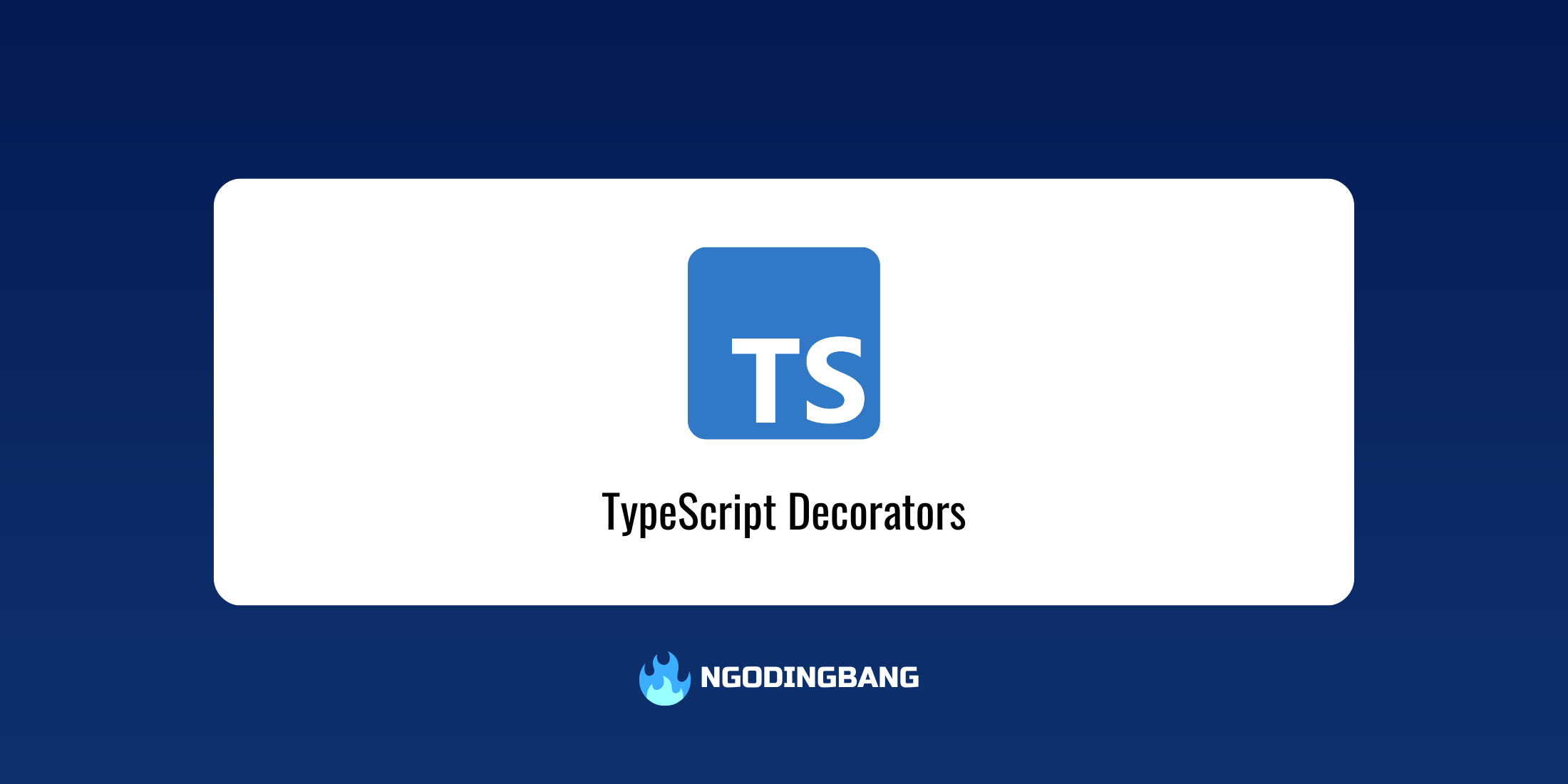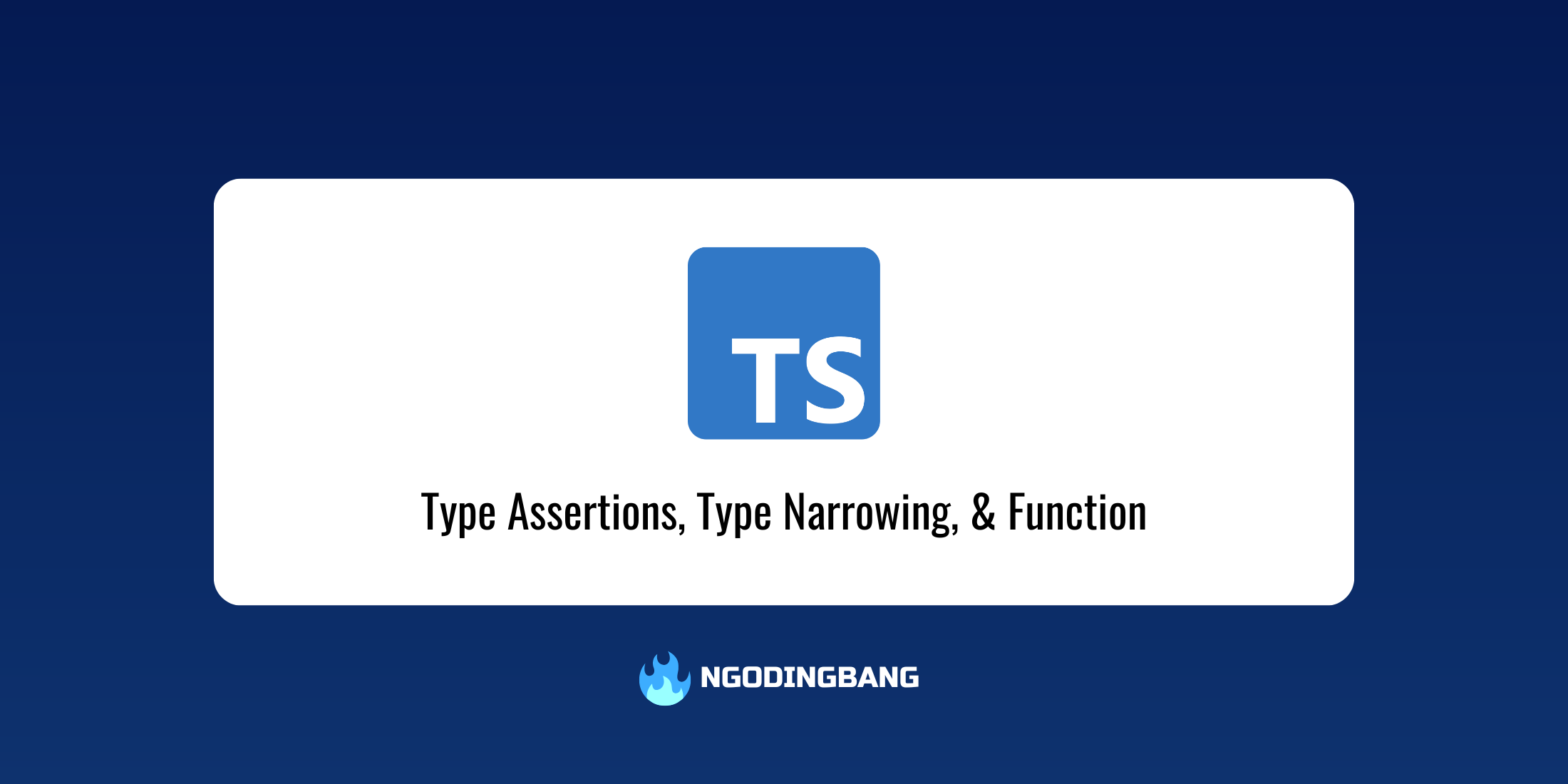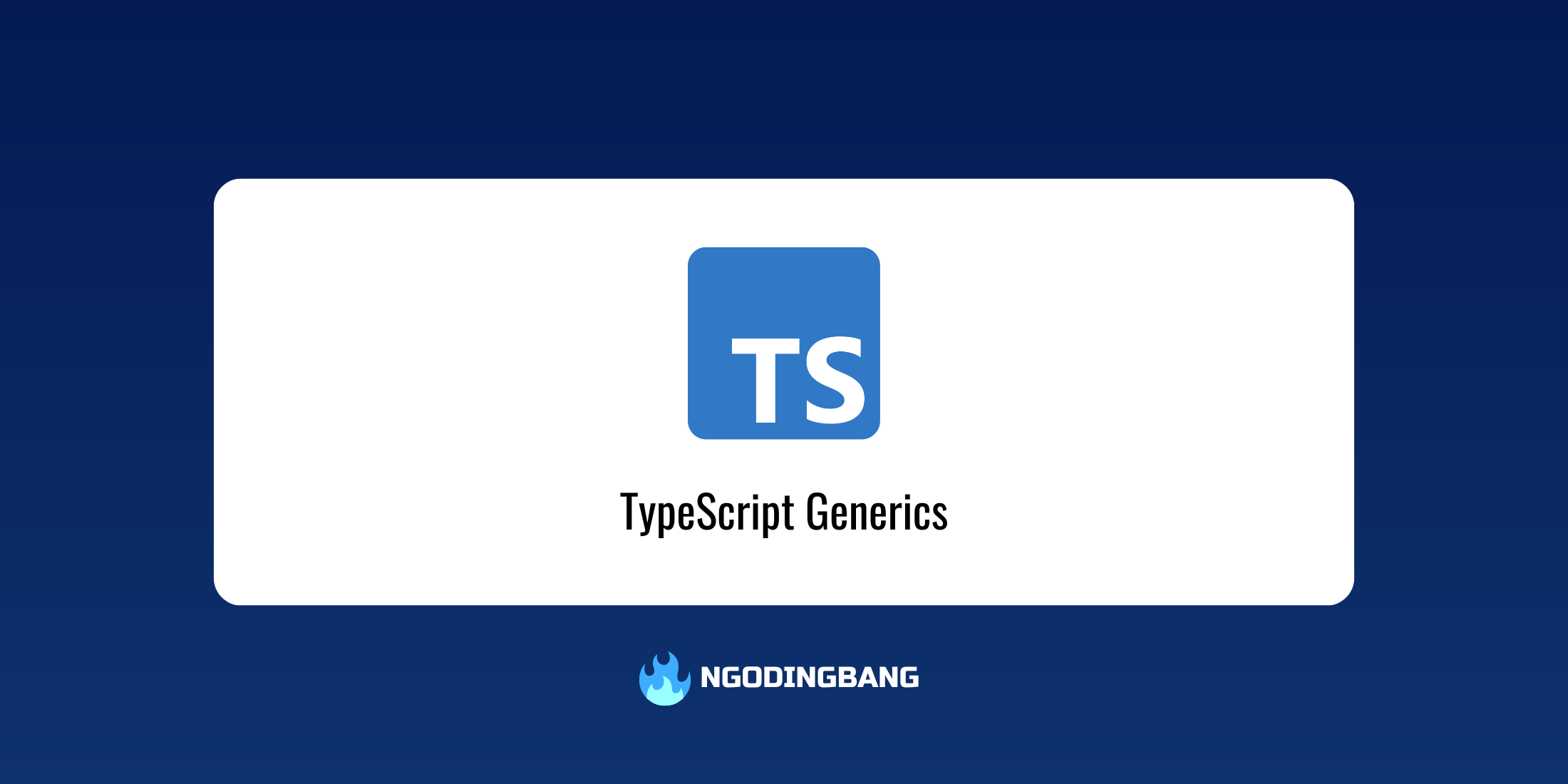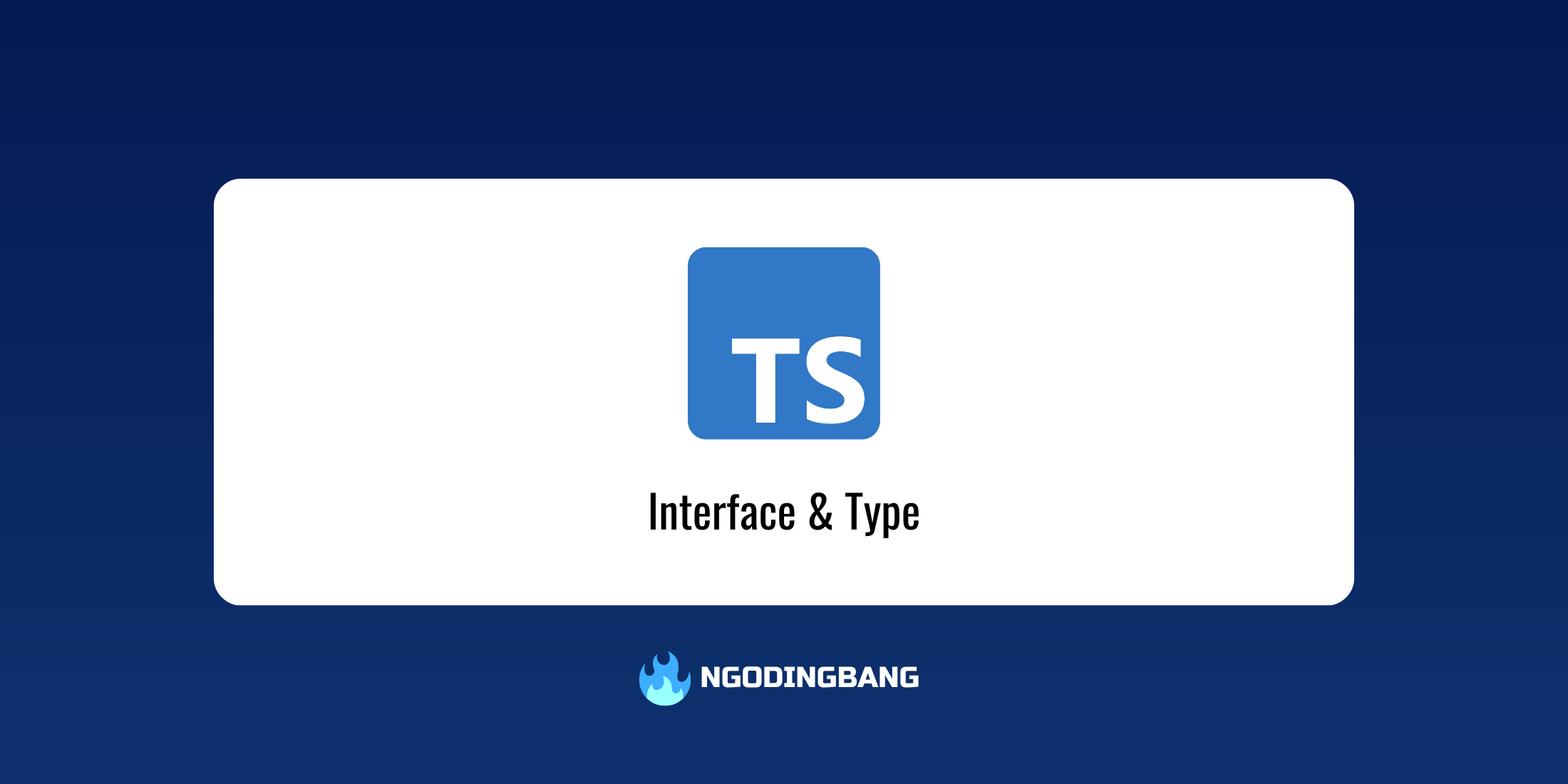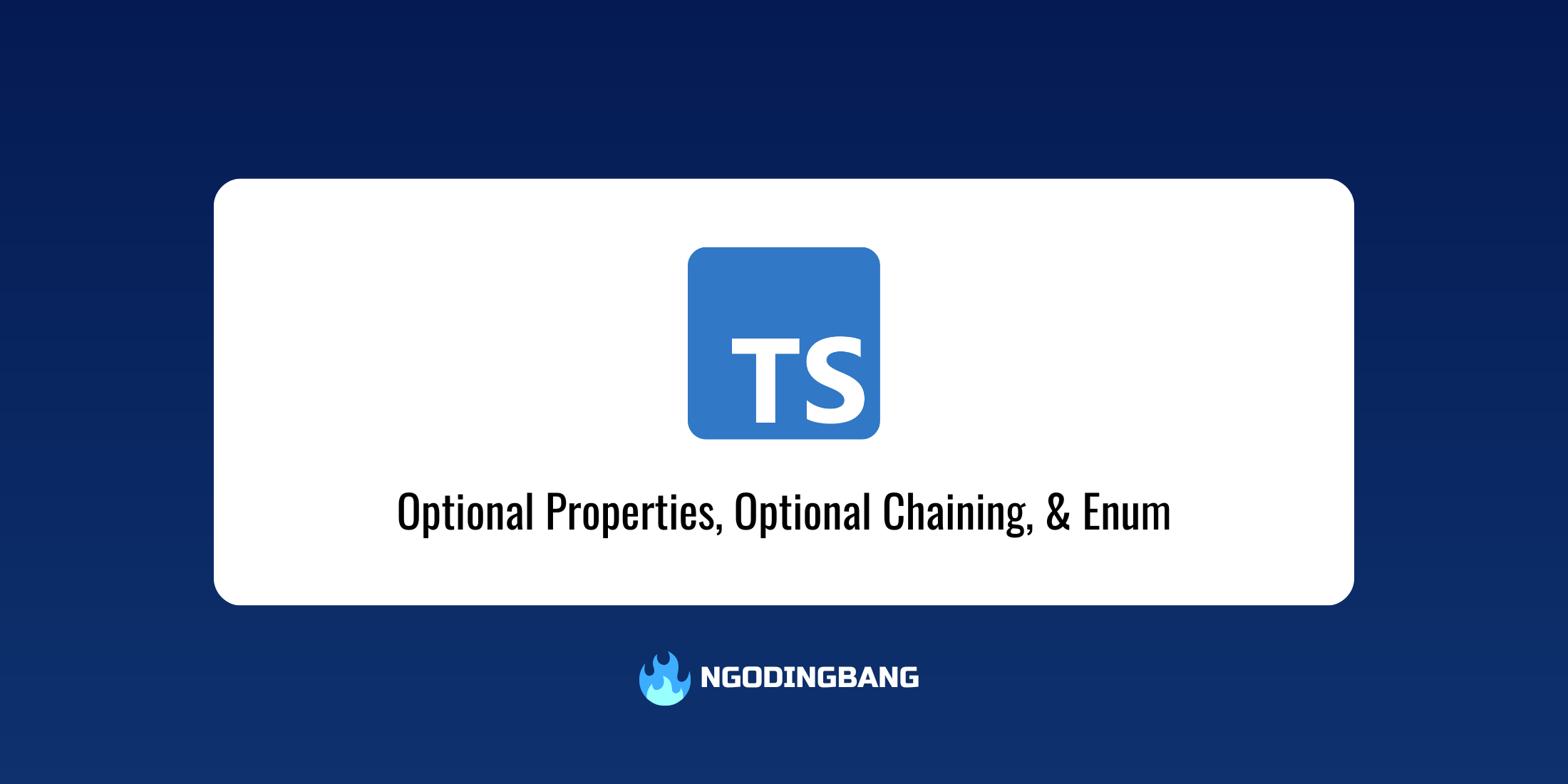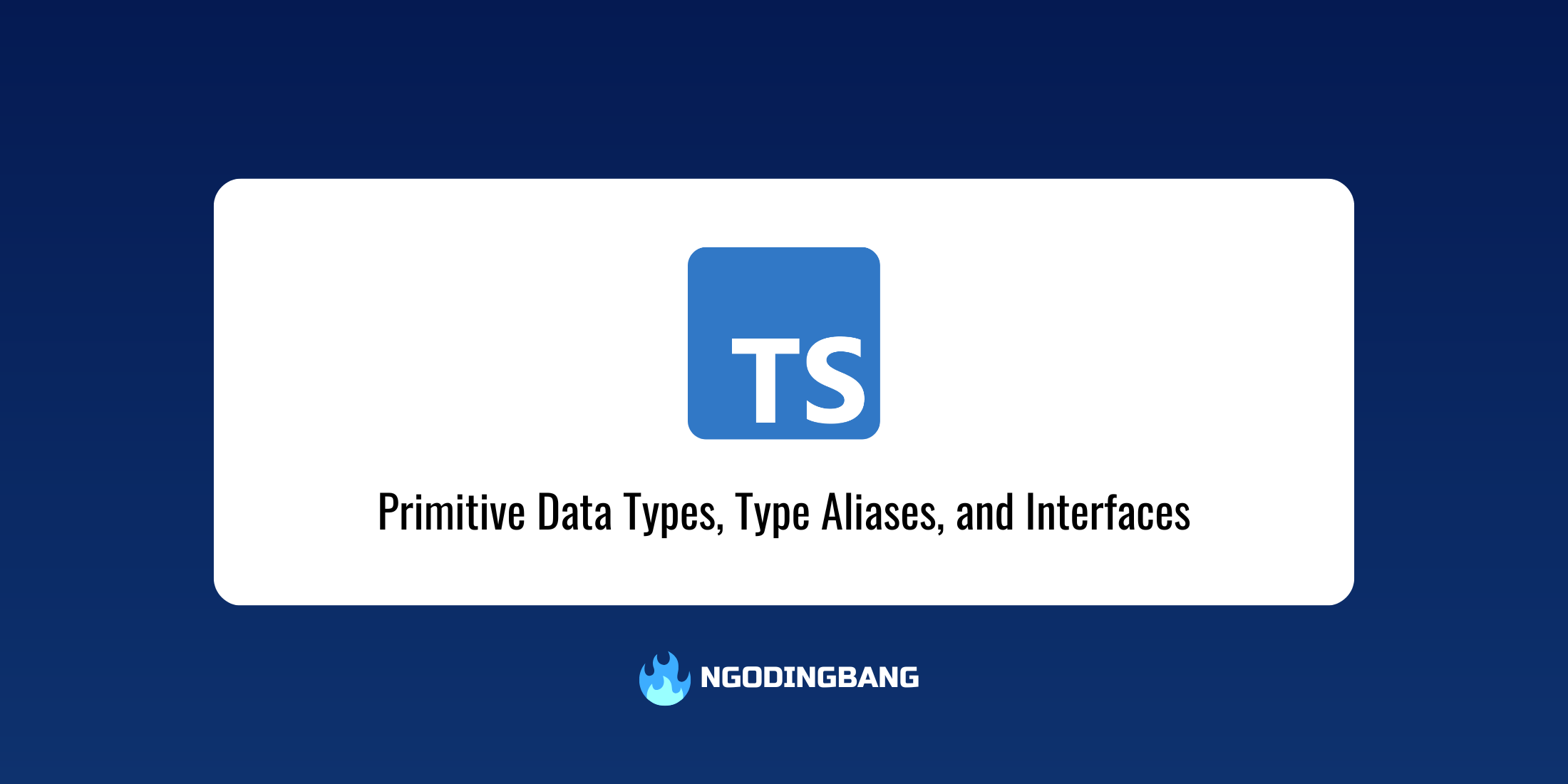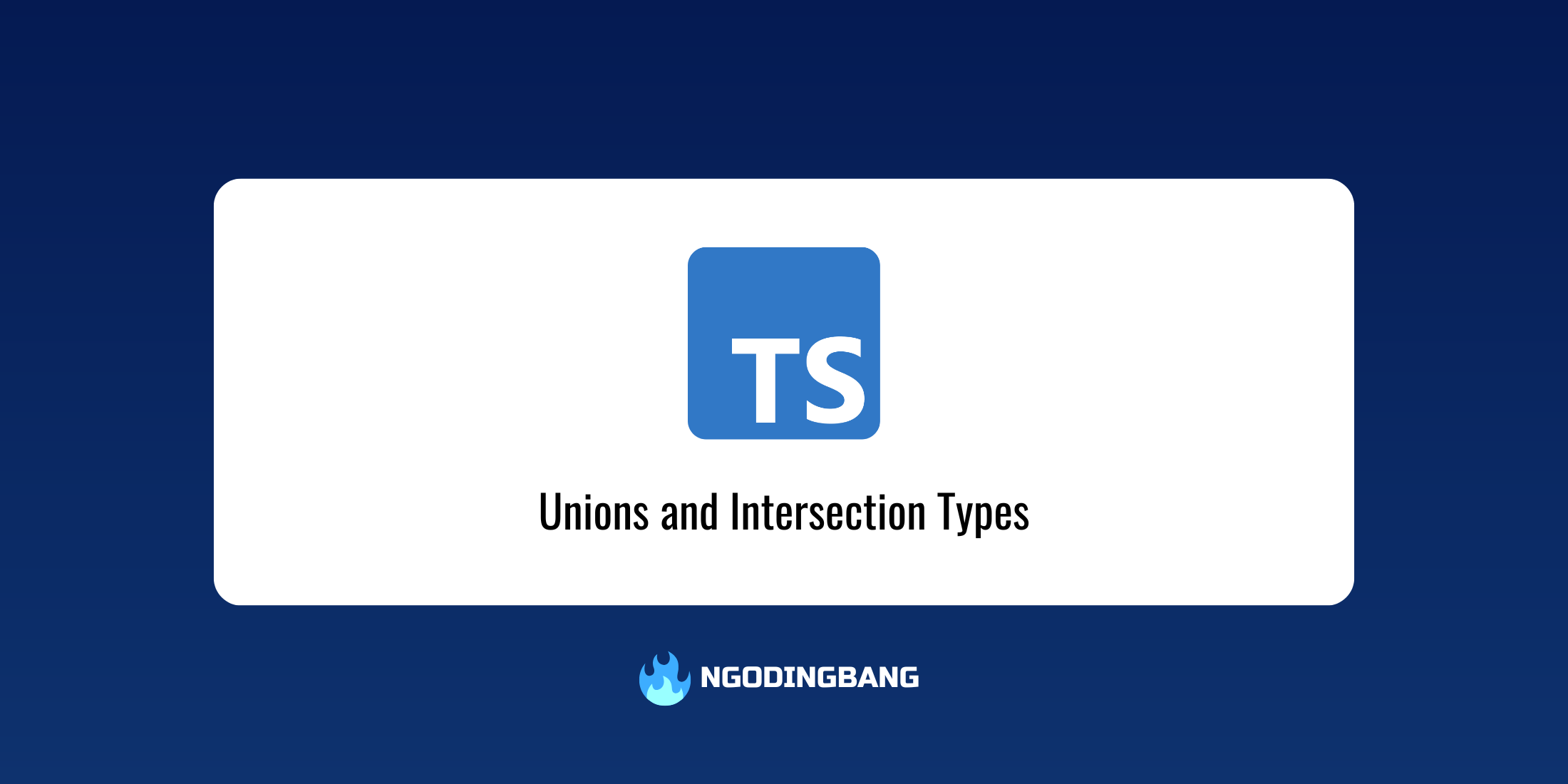Your best coding companion.
Decorators are an experimental feature in TypeScript that allows adding additional metadata and behavior to classes, methods, properties, and parameters, making code more declarative and separated from the main business logic.
Learn how to use type assertions to tell the compiler what types you believe to be correct, type narrowing to handle data with more precision, and function type signatures to define clear and flexible function contracts.
Generics in TypeScript allow you to create components that work with a variety of data types while maintaining type safety, making your code more flexible, reusable, and type-safe.
Learn how to define contracts for functions with the Function Interface, build structured type hierarchies with the Extending Interface, and create more functional code with function-typed properties. Master these techniques to produce more modular and type-safe code.
TypeScript makes your JavaScript code safer with Optional Properties and Enums. Learn how to mark properties that can be missing with a question mark (?), access nested data without fear of errors with Optional Chaining, and define named constants with Enums for more expressive and maintainable code.
In this article, we will cover the basic concepts of TypeScript such as primitive data types, type aliases, and interfaces along with examples of their declarations and usage.
TypeScript offers incredible flexibility in its data type system through Union and Intersection Types. These two concepts are very useful tools in building complex applications while still maintaining the type safety that is the hallmark of TypeScript.

